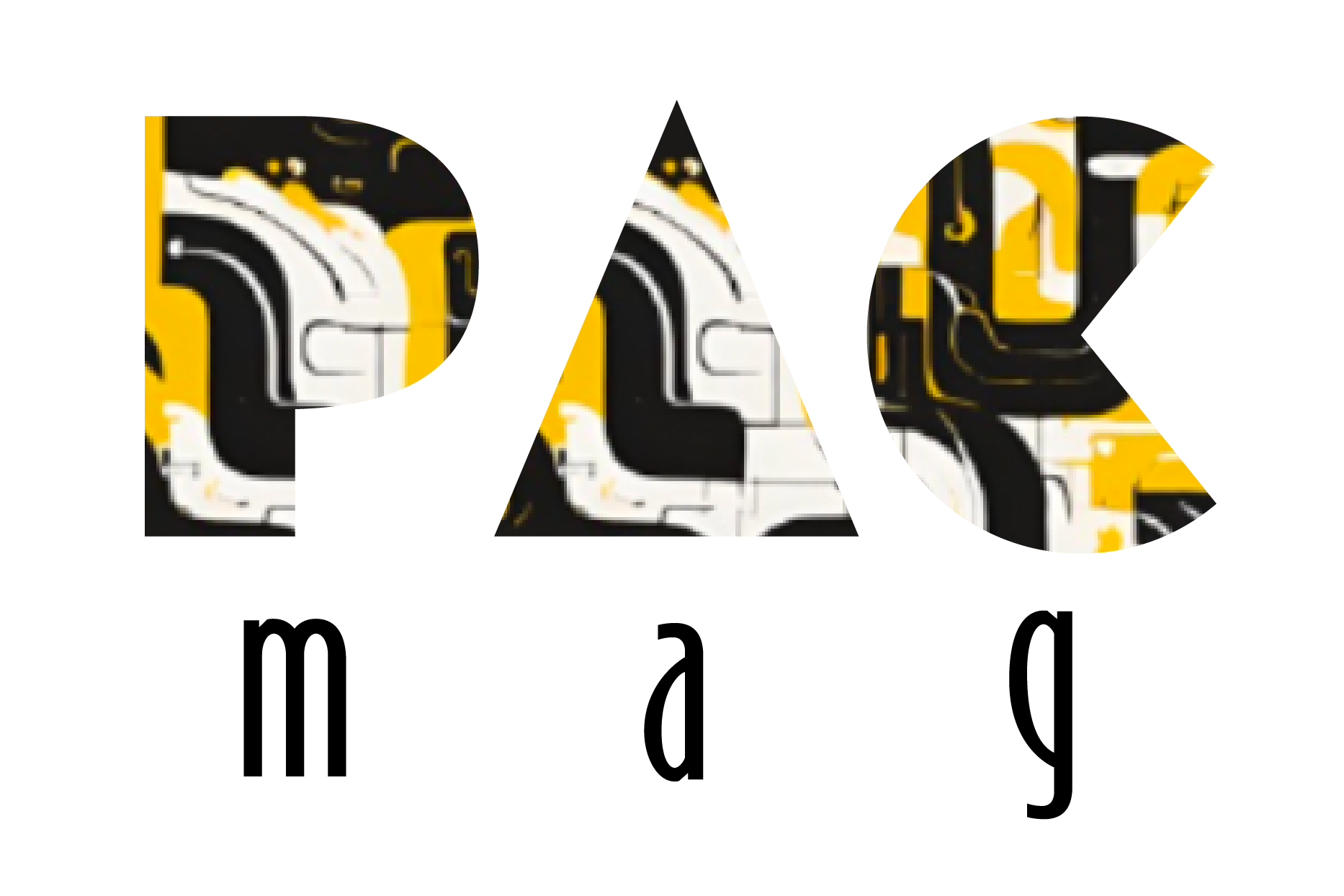At the start of this year, two devastating wildfires—Palisades and Eaton—ravaged the Los Angeles area, displacing countless North Americans and claiming at least 29 lives. Research from World Weather Attribution revealed that climate change has made the extreme weather conditions fuelling these fires approximately 35% more likely. This tragic event underscores the ongoing issue of rising global temperatures.
According to the World Meteorological Organisation, 2024 tied with 2023 as one of the hottest years ever recorded. Currently, our planet is around 1.5°C warmer than in the pre-industrial era—a clear sign that this rise is far from slowing down. Amidst this climate urgency, The Economist has observed the emergence of a new demographic trend: the “net-zero dad.”
What defines net-zero dads?
With the growing cost of living, we are becoming increasingly aware of the essential role fathers play in maximising their family’s savings. Although many middle-aged men may not prioritise current climate issues, they readily embrace smart saving strategies that help reduce household expenses. Most notably, many frugal men in this age group choose not to upgrade to the latest phone models, continue wearing clothes purchased years ago, minimise electricity use by staying in the dark after sunset, and set their heating systems to kick in early in the morning.
How did net-zero dads become a TikTok phenomenon?
The rise of the net-zero dads has inspired several Gen-Z daughters to participate in a TikTok trend known as “underconsumption core,” where they showcase the resourceful habits of their fathers. One particular example is TikTok user @lilliemys, whose video showcases how her father lives frugally by reusing clothes, gadgets, and kitchen supplies for many years in order to save money. Her post gained a staggering 3.9 million views and comments such as: “Imagine how clean our environment would be if we all did this!” This trend is particularly notable on a platform where microtrends often fade as quickly as they emerge, offering a refreshing shift toward meaningful content. Not only does it prompt a re-evaluation of today’s spending habits, but it also draws attention to our culture’s inclination for excessive consumption.
What roles do net-zero dads play in household decarbonisation?
Beyond adopting frugal and sustainable practices, fathers are also making a significant impact on the environment through their adoption of energy-efficient technology. As highlighted by The Economist, many men are volunteering for Nesta’s Visit A Heat Pump scheme, an initiative designed to accelerate the decarbonisation of household activities in the UK. Attracted by the technical appeal, alongside the pride associated with home improvement, these volunteers are keen on installing heat pumps and sharing their first-hand experiences with those who are interested. Through these efforts, Nesta aims to reduce household carbon emissions 28% from 2019 levels by 2030 and to ultimately achieve net zero by 2048.
Why are net-zero dads important for the planet?
Transitioning to a net-zero lifestyle using energy-efficient technologies is a significant commitment—both financially and logistically. From purchasing electric vehicles to installing large heat pumps and solar panels at home, net-zero dads are often at the forefront of this movement. Although these middle-aged men are more motivated by long-term cost savings than environmental concerns, they still play a key role in making their households more energy-efficient, reducing carbon emissions, and inspiring those around them to adopt sustainable practices.
At the same time, younger generations are eager to drive meaningful environmental change, yet financial barriers often prevent them from making similar lifestyle adjustments. This is where net-zero dads play a crucial role—not only by adopting green technology but also by demonstrating how framing climate solutions around efficiency and innovation can engage those who are indifferent to sustainability. Ultimately, net-zero dads act as key players in household decarbonisation, influencing their families and communities towards a greener future.
